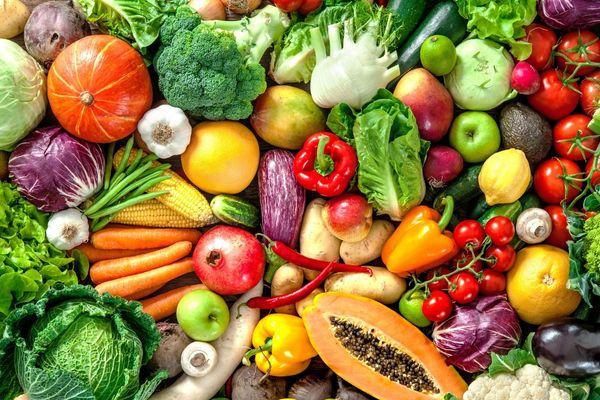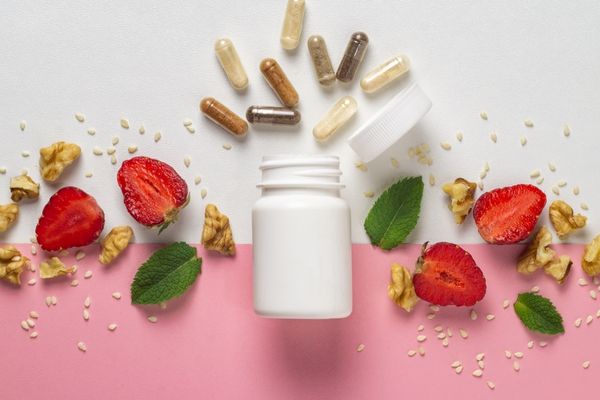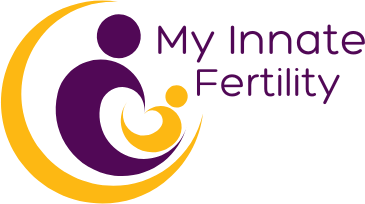Nutrition plays a pivotal role in optimizing fertility, providing the essential building blocks for hormonal balance, reproductive health, and overall well-being. At My Innate Fertility, we are dedicated to empowering our clients with knowledge and resources to enhance their fertility through holistic nutrition. This blog offers comprehensive guidance on creating nutrition plans that support your journey to becoming a parent.

The Importance of Nutrition in Optimizing Fertility
Proper nutrition is foundational when it comes to optimizing fertility. It influences everything from hormonal function to egg and sperm quality. Understanding which nutrients are most beneficial can help you make informed dietary choices that boost your reproductive health.
Key Nutrients for Fertility
- Folic Acid: Vital for both men and women, folic acid helps generate healthy cells and may reduce the risk of ovulatory failure.
- Omega-3 Fatty Acids: Essential for hormone production, omega-3s also improve sperm quality and support embryo development.
- Iron: Adequate iron levels are important for ovulation and egg health. Be sure to have your levels checked and include iron-rich foods in your diet.
- Calcium and Vitamin D: These nutrients work together to improve reproductive function and are essential for maintaining cellular health.

Crafting a Holistic Nutrition Plan
A holistic approach to nutrition involves more than just eating specific foods. It encompasses a balanced diet that supports all aspects of your health. Here’s how to start:
Eat a Balanced Diet
Focus on a variety of foods to ensure you receive a wide range of nutrients necessary for optimizing fertility. Include plenty of vegetables, fruits, whole grains, protein sources, and healthy fats in your daily meals.
Manage Portion Sizes and Meal Timing
Eating regular, well-portioned meals helps regulate your body’s energy use and hormonal balance, which is crucial for maintaining reproductive health.
Incorporate Organic and Non-Processed Foods
Whenever possible, choose organic foods to reduce exposure to harmful pesticides and chemicals that can affect fertility. Minimize processed foods, which often contain unhealthy fats, sugars, and additives.
Special Considerations for Dietary Restrictions
Individual nutritional needs can vary widely, especially if you have dietary restrictions or health conditions that affect nutrient absorption.
- Gluten-Free and Vegan Options: Ensure you are still receiving all necessary nutrients with fortified foods or supplements, particularly B vitamins, iron, and proteins.
- Low-Carb and Paleo Diets: These diets should be carefully managed to ensure they include enough fiber and vitamins, which are crucial for a healthy endocrine system.

Supplements for Fertility
While a balanced diet is key, supplements can play a role in filling any nutritional gaps.
- Prenatal Vitamins: Start a prenatal vitamin regimen to ensure you are getting adequate folic acid and other essential vitamins.
- Herbal Supplements: Certain herbs, like chasteberry (vitex), may support fertility. However, always consult with a healthcare provider before starting any new supplement.
Embracing Nutrition as Part of Your Fertility Journey
At My Innate Fertility, we understand that each person’s body and fertility journey are unique. We offer personalized nutritional counseling to create a plan that fits your specific needs, helping you optimize your fertility through holistic nutrition.
If you’re ready to take control of your reproductive health through nutrition, contact us today. We’ll help you understand the best foods, supplements, and dietary practices to enhance your fertility and support you in achieving your dream of parenthood.

